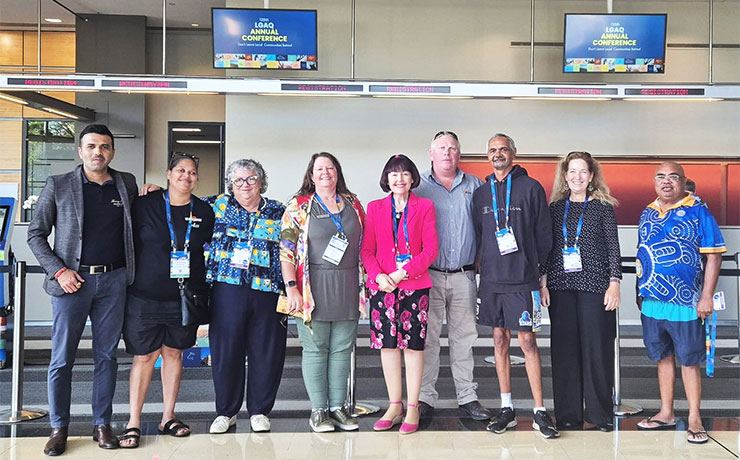
October 30, 2024
Queensland councils have called for all available technologies – including nuclear and gas – to be considered in the State to ensure there is sufficient energy available to meet current and future demands.
A motion to this effect was passed at last week’s Local Government Association of Queensland Conference in Brisbane:
“That the LGAQ call on the State and Federal government to ensure baseload production of energy is sufficient to meet current and future energy needs of all Queensland residents and businesses, considering all available technologies, including nuclear and gas.”
The accompanying submission stated that if power shedding occurred in the future, it would be regional and remote customers who would be first to lose supply and “this is not acceptable nor appropriate”.
* * *
The South Burnett Regional Council submitted six motions to be considered at the conference, including two in conjunction with other councils.
All the motions were passed by the conference delegates:
1. “That the LGAQ calls on the State Government to initiate an independent cost-benefit analysis of current building legislation requirements and publish findings, particularly relating to accessibility and energy efficiency requirements with a view to support housing affordability.” (with Bundaberg Regional Council)
This motion questioned changes to the National Construction Code, implemented in 2023-24, which Master Builders Queensland have estimated have added up to $30,000 to the cost of building a new home during a period of high inflation and a statewide housing shortage.
2. “That the LGAQ calls on the State Government to improve regulation for large-scale renewable energy projects by developing a communication and engagement protocol (Code of Practice) to ensure renewable energy projects, including transmission projects, are planned, approved and constructed considering key social, environmental and economic regional considerations in proactive collaboration with all affected councils.” (with Whitsunday Regional Council)
This motion sought “meaningful consultation” with developers and a binding Code of Practice in regards to large-scale renewable energy projects.
3. “That the LGAQ calls on the State Government, through the Department of Environment, Science and Innovation, to review provisions for Environmentally Relevant Activity and trade waste discharge with the focus of enforcement, to be the original point of entry into sewerage networks rather than at the point of discharge at the treatment plants.”
This motion sought greater support and assistance to identify – and where applicable, prosecute – illegal trade waste discharges at the point where they enter the sewerage system.
NB. This follows an incident in Kingaroy earlier this year where the SBRC was issued with an Environmental Protection Order after self-reporting a large inflow of fat, oil and grease into its Kingaroy wastewater treatment plant which led to a small discharge into a drain linked to Kingaroy Creek. The illegal dumping caused significant damage to Council infrastructure but the SBRC found itself in the position of potentially being prosecuted by the Department rather than whoever was actually responsible for the illegal activity.
4. “That the LGAQ calls on the State Government to review the Local Government Act 2009 and the Local Government Regulation 2012 to give councils greater ability to implement a special rate on properties that operate in a manner that affects the local road network, such that maintenance costs associated with heavy vehicle use can be recovered.”
The SBRC expressed concern that non-rateable industries, including logging, were damaging local roads through heavy vehicle traffic.
5. “That the LGAQ calls on the State Government to formally investigate the financial and resource impacts on Queensland councils as a result of the changes to traffic management standards, being the Queensland Guide To Temporary Traffic Management.”
The SBRC believes the recent changes to traffic management have put an excessive regulatory cost burden on councils.
6. “That the LGAQ calls on the State Government to improve regulation for large-scale renewable energy projects by
(a) Developing State Codes within the State Development Assessment Provisions for the assessment of large-scale renewable projects by the State Assessment and Referral Agency and
( b) Establishing public notification and council referral requirements for all large-scale renewable energy projects in all affected Council areas.”
The SBRC wants to be be able to have some say in future developments to prevent what is happening with the Wambo Windfarm where contractors are using South Burnett roads but Council does not have any control over what they are doing because the actual wind turbines are in another council area.
[UPDATED with correction. The original version of this report stated the South Burnett Regional Council submitted the motion calling for “all available technologies – including nuclear and gas – to be considered in the State”. This is incorrect. The motion was submitted by another Council and passed at the conference. Our report was based on LGAQ documents supplied by the SBRC. The LGAQ documents incorrectly attributed the motion to the SBRC.]









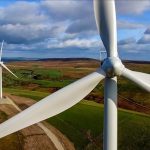
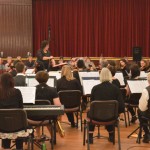

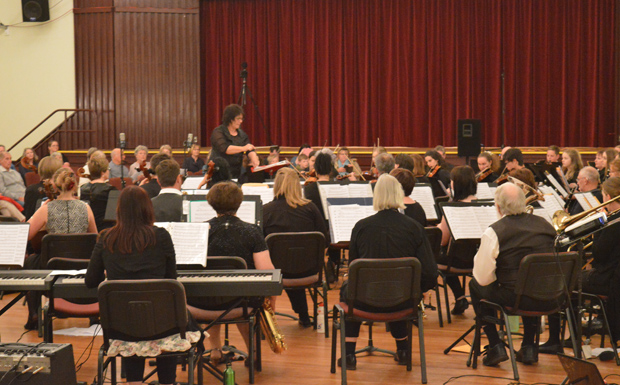
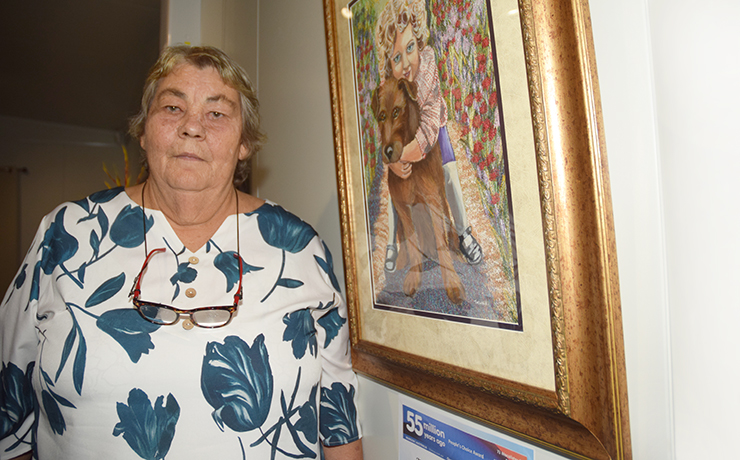










No councillour or council in favour of nuclear energy is going to get my vote, not now and not in the future. We have so much sun and wind to harness – they shine and blow whether we use their energy or not. They may need to be replaced in 30, 40 years but they do not make waste that will be around for thousands of years. And in the event of an accident (for instance fire) with solar panels or wind turbines they would not cause a fraction of the damage an accident in a nuclear power station would cause. Remember Chernobyl and Fukushima…